
Here is what you should know about this complicated immigration issue.
Photo courtesy: ©Thinkstock/mofles
1. Who are “Dreamers?”
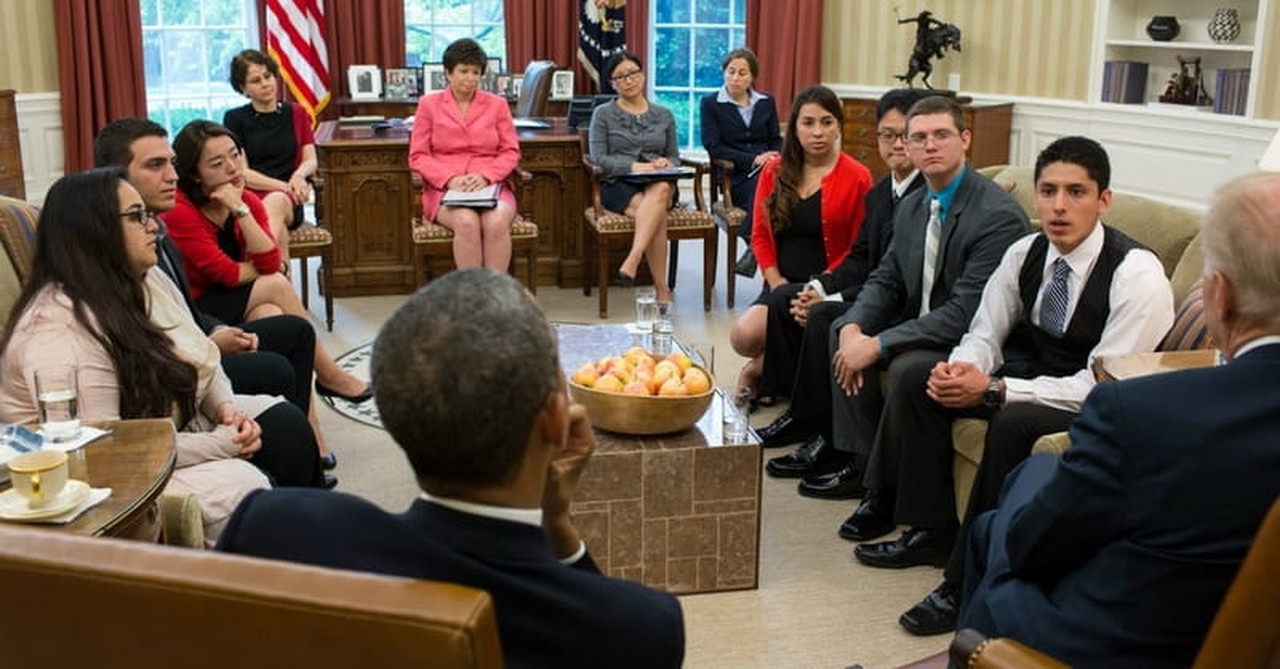
1. Who are “Dreamers?”
SLIDE 1 OF 10
The term “Dreamers” (sometimes DREAMers) refers to young undocumented immigrants who would qualify under the DREAM Act for permanent residency in the United States. The DREAM Act (an acronym for Development, Relief, and Education for Alien Minors) is proposed federal legislation that would provide permanent resident status on a conditional basis for certain long-term residents who entered the U.S. as children.
Even though the DREAM Act was never passed, the term, “Dreamers” is still sometimes used to describe young undocumented immigrants who were brought to the United States as minors, are pursuing or have pursued education, and have never been convicted of felonies or multiple misdemeanors.
Photo courtesy: Obama White House Archives
2. What is the DREAM Act?
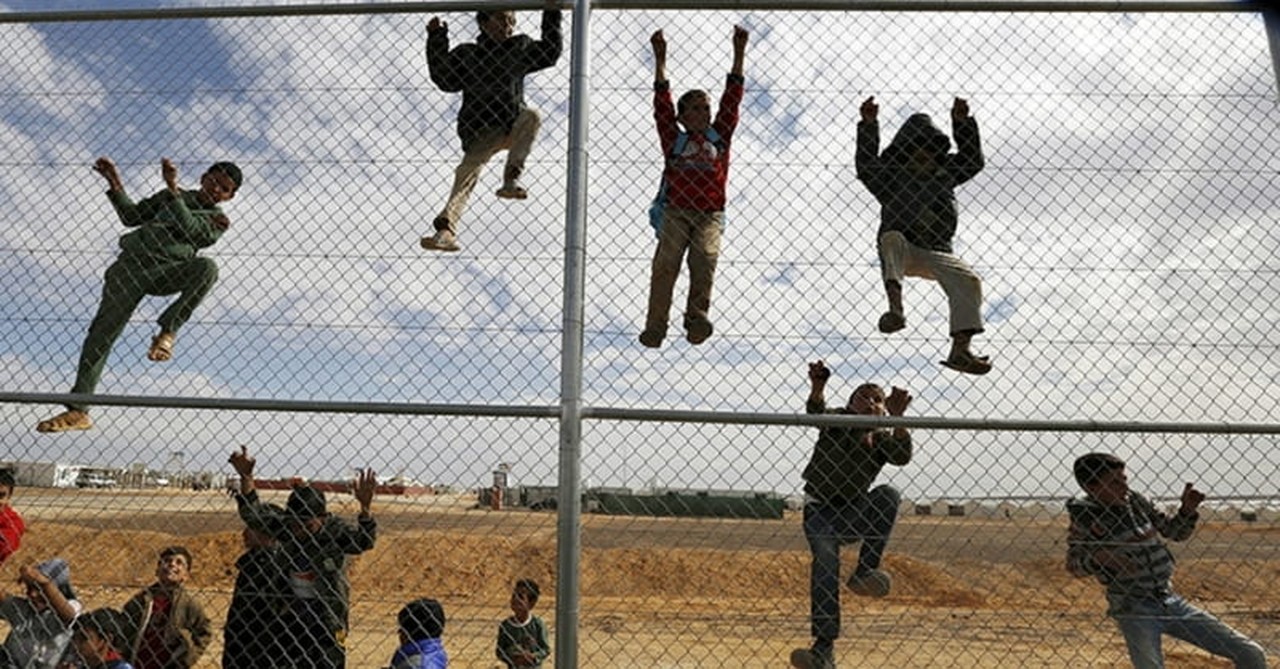
2. What is the DREAM Act?
SLIDE 2 OF 10
The bipartisan Act would grant lawful permanent resident status on a conditional basis to young undocumented immigrants who meets the following qualifications:
- Demonstrate that they were 17 years old or younger when they were brought to the United States and that they have been in the United States continuously for the last 4 years
- Pass a government background check, establish “good moral character,” which means they have had no felony convictions or multiple misdemeanor convictions, and pass a medical exam
- Establish that they have obtained or are in the process of obtaining a college degree or high school diploma
- Pay a fee
The conditional permanent resident status is valid for 8 years but may be terminated if it’s determined the person ceases to meet the admissibility criteria, has a serious criminal conviction, or is found to have participated in the persecution of U.S. citizens.
Various versions of this Act were introduced in 2001, 2006, 2007, and from 2009 to 2012, though none have yet passed in Congress.
Photo courtesy: Religion News Service
3. What is DACA?
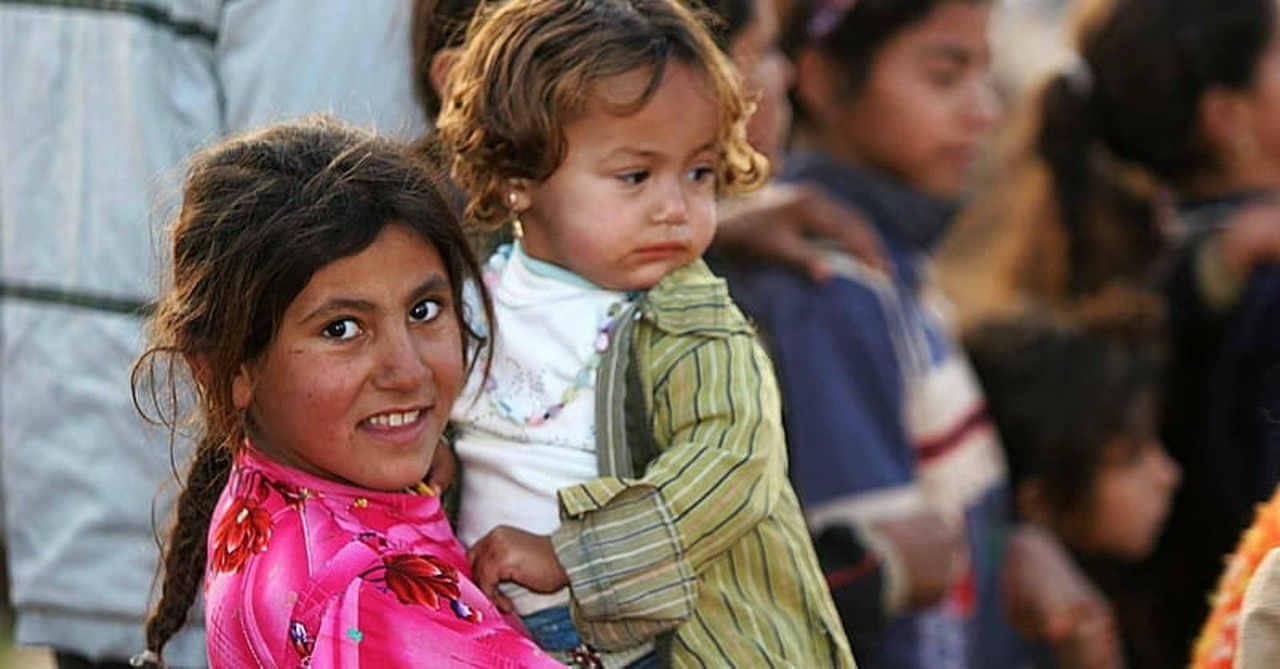
3. What is DACA?
SLIDE 3 OF 10
Frustrated by the failure of Congress to pass the DREAM Act, President Obama implemented in 2010 through executive fiat the Deferred Action for Childhood Arrivals (DACA).
Deferred action is a use of prosecutorial discretion in immigration cases to defer removal action against an individual for a certain period of time. President Obama directed the Department of Homeland Security to consider request for deferred action for certain people who came to the United States as children and met qualifications similar to the DREAM Act. (This is why people who qualify for DACA are sometimes referred to as “Dreamers.”)
Those who fill out the required form and qualify for eligibility are allowed to remain, legally work, and/or attend college in the U.S. for a period of two years. As long as they continue to meet the criteria, they are exempt from deportation during the period of deferred action and may be allowed to renew the deferment.
Photo courtesy: Wikimedia Commons
4. How many people are currently DACA recipients?

4. How many people are currently DACA recipients?
SLIDE 4 OF 10
An estimated 700,000 to 800,000 immigrants have received protection from DACA. From 2012 to March 2017, the U.S. Citizenship and Immigration Service accepted 1,771,475 requests for DACA. Out of those 1,586,657 were approved, with 787,580 being initial applications and 799,077 being renewals.
Photo courtesy: Wikimedia Commons
5. Are people under DACA on a path to U.S. citizenship?
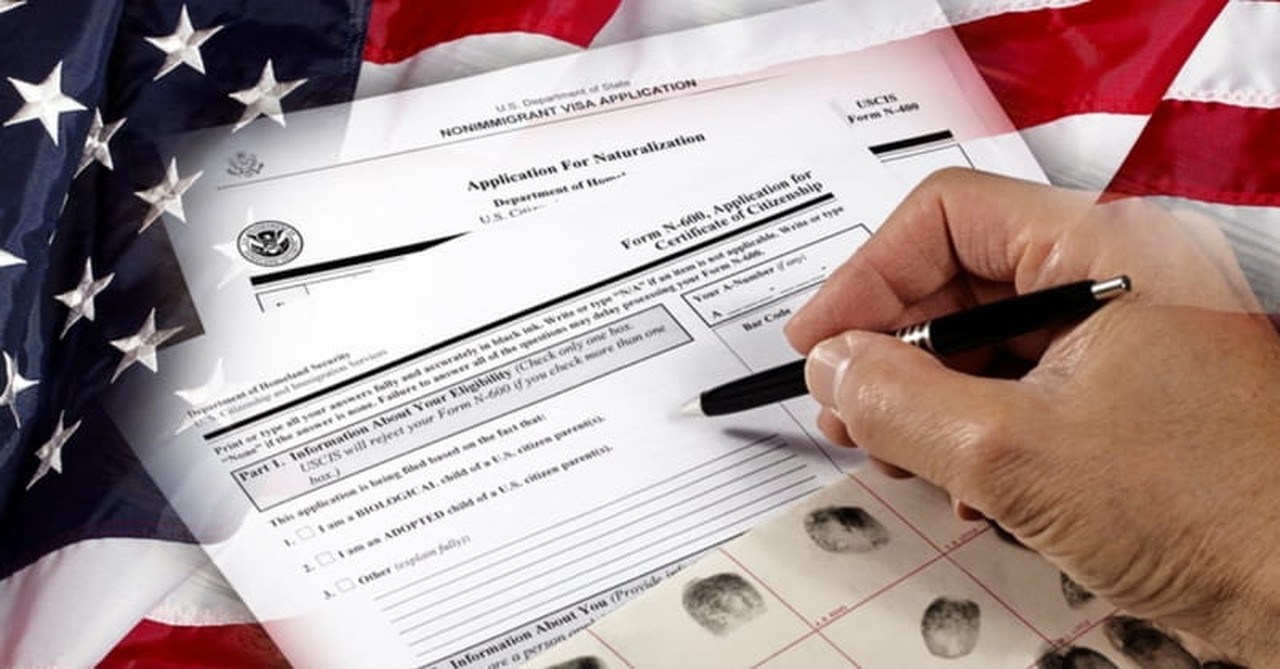
5. Are people under DACA on a path to U.S. citizenship?
SLIDE 5 OF 10
No, nor do they have “lawful status” for the purpose of immigration laws. DACA allows immigrants to obtain a “lawful presence” in the U.S. but not a “lawful status.” In other words, they are still considered to be here unlawfully but they are legally allowed to stay in the U.S. during their deferment.
Photo courtesy: ©Thinkstock/JamesYetMingAu
6. If they do not have “lawful status” how are people under DACA allowed to work?

6. If they do not have “lawful status” how are people under DACA allowed to work?
SLIDE 6 OF 10
As Beth Werlin explains, dating back to 1981 the immigration agencies have allowed individuals without legal status to obtain work authorization. The reason for this exception, as Solicitor General Donald B. Verrilli said in 2016, is that “if you can’t work lawfully, you’re going to either not be able to support yourself and be forced into the underground economy.”
Photo courtesy: ©Thinkstock/Littlehenrabi
7. Why is President Trump considering scrapping the DACA policy?
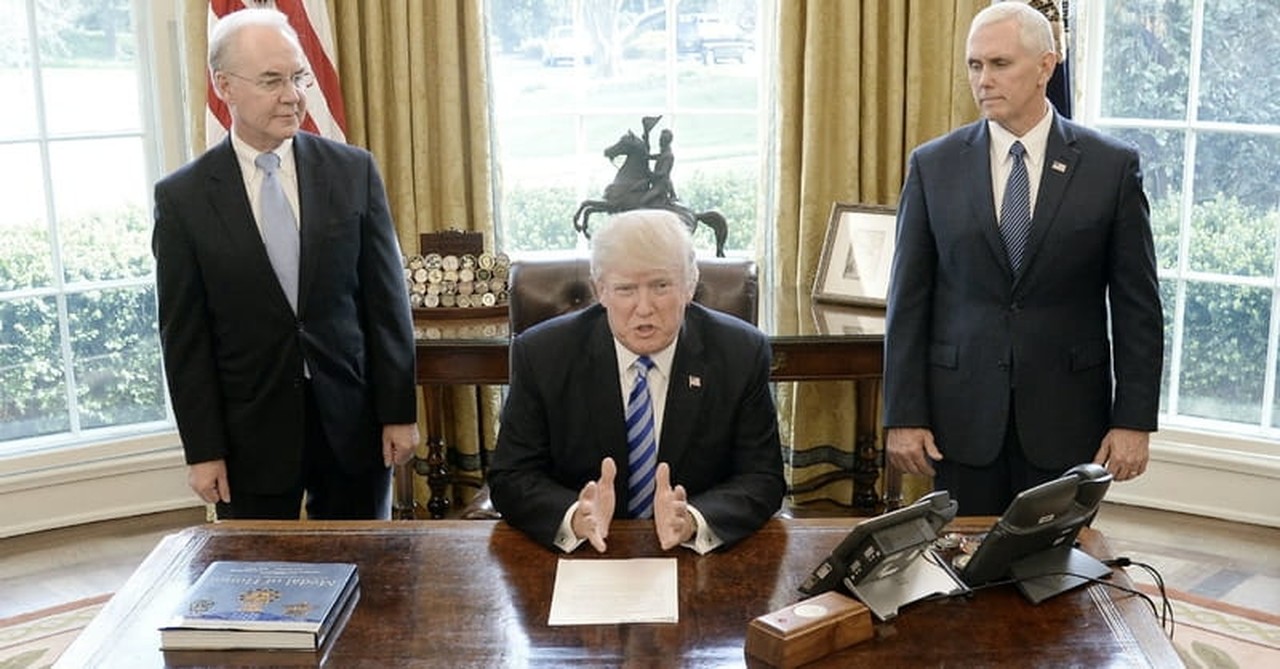
7. Why is President Trump considering scrapping the DACA policy?
SLIDE 7 OF 10
Mainly to keep a campaign promise to his supporters who voted for him because of immigration issues. While on the campaign trail last August, Trump said, “We will immediately terminate President Obama’s two illegal executive amnesties in which he defied federal law and the Constitution to give amnesty to approximately five million illegal immigrants, five million.” (The two programs he was referring to are a DACA and a subsequent action to protect Dreamers’ relatives that was blocked by the courts.)
Since that time, though, the president seemed to have had a change of heart. An executive order to end the program was reportedly drafted in February, but the president never signed it. At a news conference that same month he said, “DACA is a very, very difficult subject for me,” and promised to handle it “with heart” for “these incredible kids.” In an April interview, he added that young immigrants shielded from deportation should “rest easy” about his immigration policies. And in an interview with the Associated Press, Trump said he is “not after the dreamers, we are after the criminals,” adding “that is our policy.”
As of Thursday, August 31, the White House says the president still stands by his earlier statement that he would treat the young immigrants with "heart" and that he hasn’t made a decision about the fate of the program.
Photo courtesy: Getty Images
8. If President Trump hasn’t made up his mind yet, why is this back in the news?
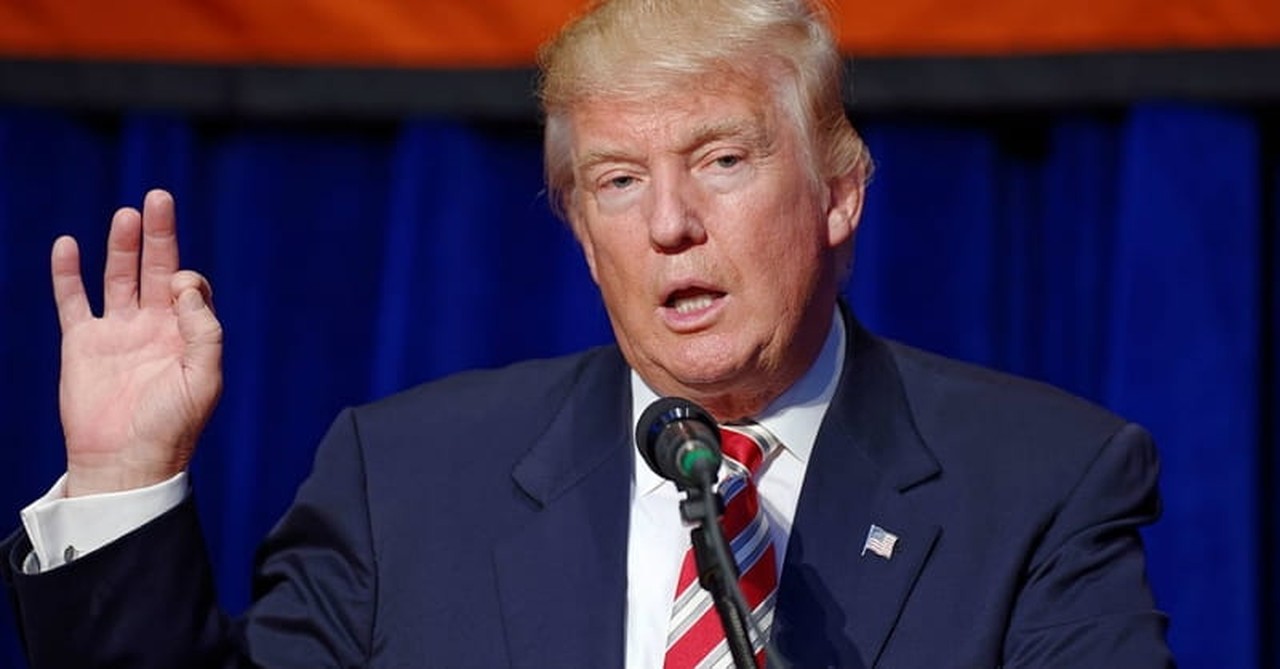
8. If President Trump hasn’t made up his mind yet, why is this back in the news?
SLIDE 8 OF 10
In June, the attorneys general of ten states (along with one governor) signed a letter asking the president to rescind DACA. They gave notice they would sue the administration on the basis that the program is an unconstitutional overreach of executive power if the president does not rescind DACA by September 5.
Photo courtesy: Flickr.com
9. What is the moral case for allowing Dreamers to stay?
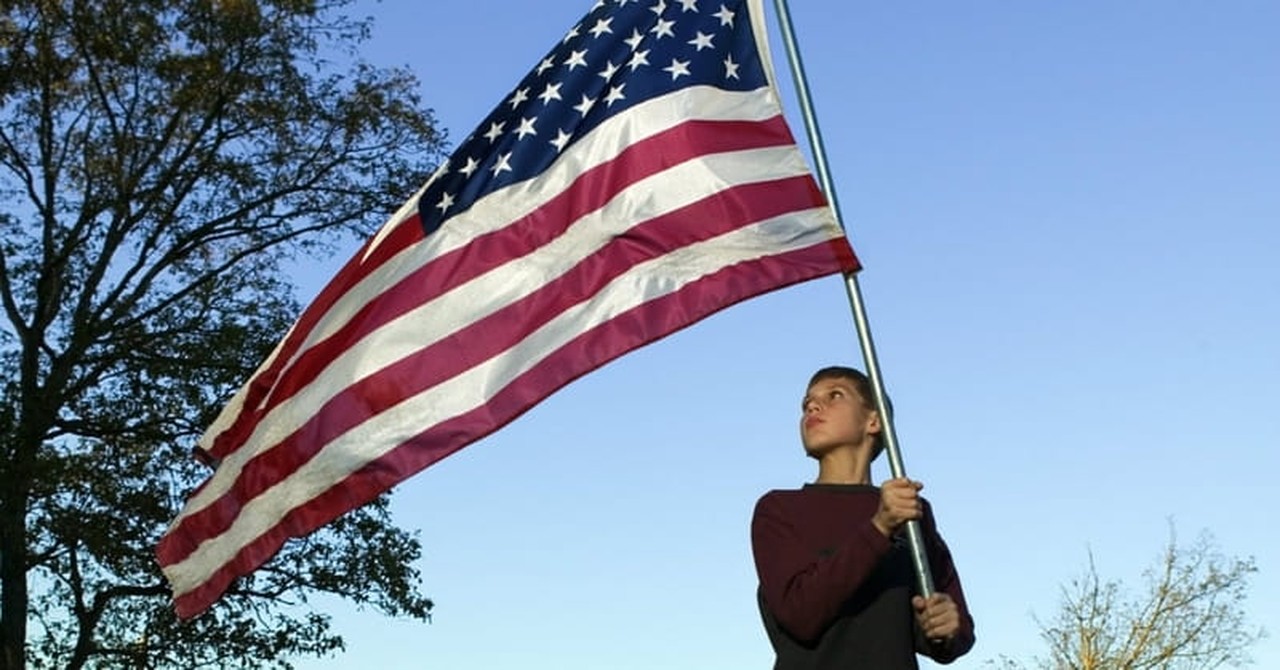
9. What is the moral case for allowing Dreamers to stay?
SLIDE 9 OF 10
Young immigrants brought to the United States by their parents are a special category of undocumented immigrants and should be treated differently. The children, many of whom have known no other home country than the United States, did not consent to breaking immigration laws and should not be punished for a crime they did not commit.
10. What is ERLC’s position on DACA and Dreamers?
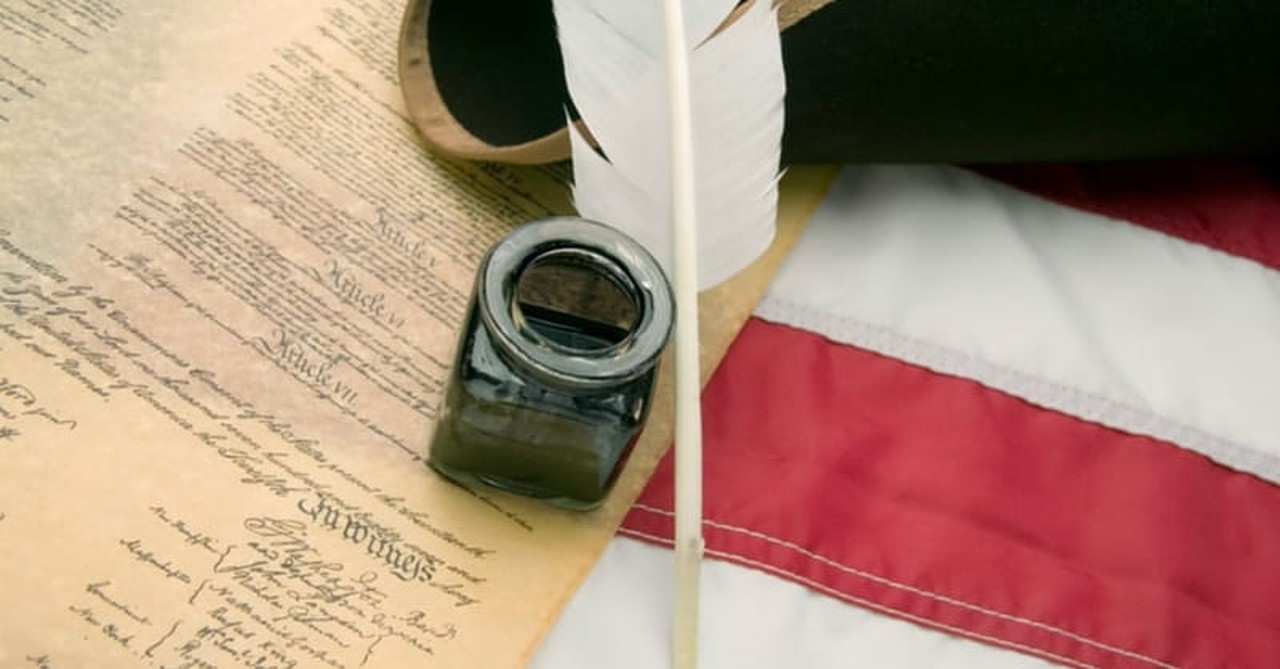
10. What is ERLC’s position on DACA and Dreamers?
SLIDE 10 OF 10
The position of ERLC is that we must find a solution that respects the rule of law and provides justice for this special category of undocumented immigrants.
The ERLC has always called for a legislative fix to this problem and disagreed with President Obama’s decision to act unilaterally. But regardless of whether we feel the executive order should have been issued in the first place, thousands of young immigrants who are paying taxes and contributing to their communities stepped forward in good faith to correct a legal situation for which the should not be held responsible. They should be rewarded, rather than punished, for their attempt to comply with the law.
We now have the responsibility to work through this complex situation in a way that honors the rule of law as well as the biblical ideal of justice. The ERLC supports White House and Congressional cooperation to provide a solution for DACA recipients. We urge the White House and Congress to work together quickly to arrive at a solution for this special category of immigrants.
Photo courtesy: ©Thinkstock/JupiterImages
Publication date: September 8, 2017
Based on the Ethics & Religious Liberty Commission article "What you should know about DACA and Dreamers" by Joe Carter. Used with permission.
Originally published September 08, 2017.







